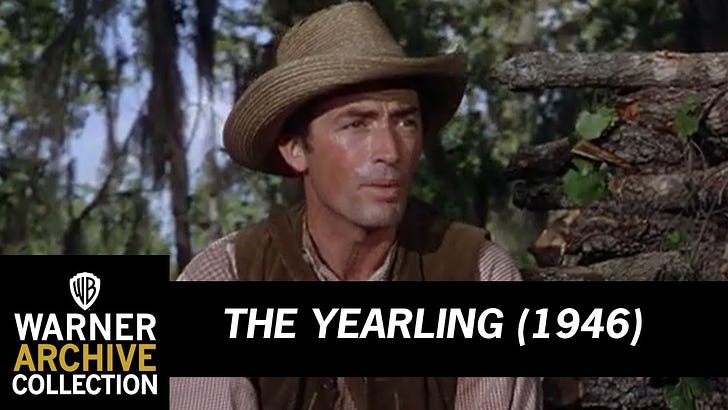Marjorie Kinnan Rawlings was one of those women whom it’s not going to be a picnic to be married to, but who did indeed love men, who listened to their rough and ready tales, and who felt more at home among them than among women, especially what you’d call “society women.” So when she and her (first) husband Charles Rawlings moved to the swamplands and…
Keep reading with a 7-day free trial
Subscribe to Word & Song by Anthony Esolen to keep reading this post and get 7 days of free access to the full post archives.



